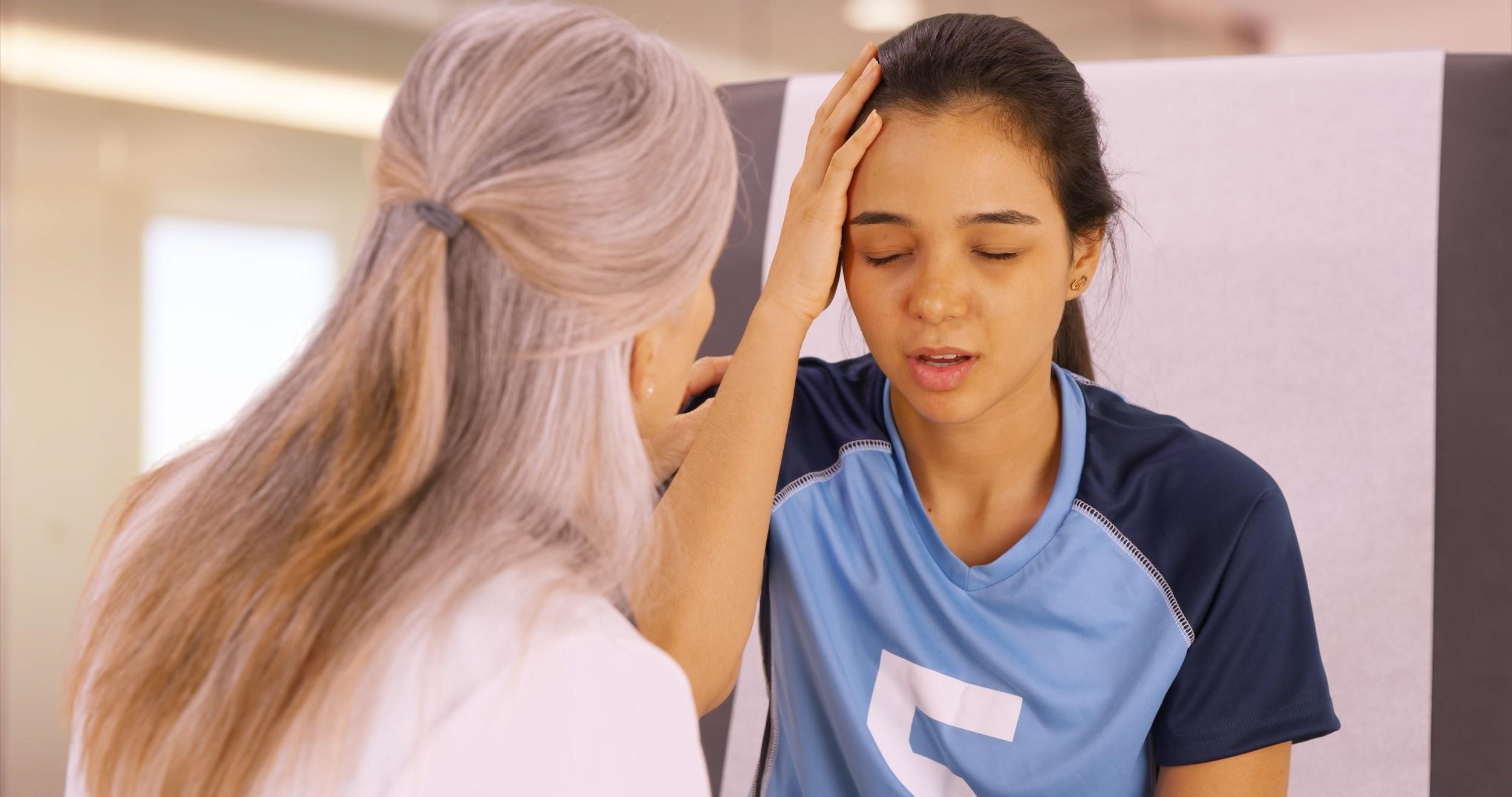How Being Thankful Can Change Your Life: Gratitude and Your Brain
Did you know that there’s a medicine that’s available to anyone at any time which can change a life? Well, there is! It’s called gratitude, and you’ll be surprised to find out that it can be as powerful as any treatment or pill.
All you really need is a bit of willpower to experience the magic of gratitude. Watch as a simple “thank you” begins to change the way you view the world around you and leads to a healthier, happier you!
Dr.Tanmeet Sethi’s Ted Talk, Two Words that Can Change Your Life has a lot to do with the neuroscience of the human brain and what we believe here in Washington, DC at NeuroGrow Brain Fitness Center. Dive in with us as we take a deeper look at the neuroscience behind the Ted Talk!
The Science Behind Gratitude
Dr. Sathi begins her talk on gratitude by going over a study that was done by neuroscientists at UCLA and the University of Montreal. In this study, gratitude was proven to work as an antidepressant for the human brain.
Here’s how it works: when you practice thankfulness, you increase the levels of dopamine and serotonin in your brain. These are the neurochemicals in our brain that make us happier. They also increase our desire to connect with others and the world around us.
What’s more, USC’s Brain and Creativity Institute actually published a case study that used functional MRI imaging to show how gratitude works in the brain. The images showed that when we practice gratitude, we stimulate our prefrontal cortex, which modulates stress and pain.
Saying Thank You
It may feel like “thank you” is an overused set of words. We say these words to other people all the time! The question is, when do you say thank you to yourself?
When you take a moment to thank yourself and your body, you can start to change your thinking.
For instance, have you ever said thank you to your pain? It may sound weird, unconventional, wrong even, but when we face pain and suffering head-on, we may just be able to cope with it rather than run away.
If your knees are constantly in pain, say thank you to your pain, and compare the results to Advil. Can you accept that maybe this is simply a part of your life’s path?
Practicing Gratitude
One way to strengthen your brain is by practicing gratitude. And we don’t mean by sending out 100 thank you cards or texts to everyone you know during the holidays.
Make thankfulness a daily practice; here’s how.
Gratitude Journal:
Keep a daily thankfulness journal and write down three things that you’re thankful for on paper every day for three weeks. Write a variety of things down that you are grateful for. Get creative and try to find something new to be thankful for each day.
Practice Mindfulness:
Take some time to sit outdoors or in a calm, quiet place in your home. Express gratitude for your body and soul. Try being thankful for your breath by taking the time to focus on your breath as it moves in and out of your nostrils. Be grateful for the way your feet feel against the ground.
Spend Quality Time with People You Love:
Don’t just spend time with the people you love, spend quality time with them. Put your phone away for a couple of hours, play a game with a friend, go for a walk with a family member, or take a group out on the water in a kayak. Then, hug your loved ones, and say thank you for the quality time they share with you. After all, tomorrow is always unknown and the only thing you have is the present moment.
Affirmations
Affirmations may sound silly when you look in the mirror and recite them, but science is proving that it actually helps. MRI evidence suggests that the “ventromedial prefrontal cortex—involved in positive valuation and self-related information processing—becomes more active when we consider our personal values.”
So, don’t be afraid to tell yourself that you are smart, wonderful, beautiful, and loved today! If you don’t believe it, you soon will!
The Long Term Results of Gratitude
Practicing gratitude and experiencing gratitude can be two very different things. You might have to sit down and be thankful for weeks or even months before you start to feel the effects.
This is the difference between a pill and a practice. A pill may offer you immediate effects, but in the long run, your body will become immune to it. A practice, like thankfulness, won’t provide you immediate effects, but in the long term, the exercise will become a new neural pathway.
This is called neuroplasticity.
And when you work on creating pathways of positivity your brain learns how to use those pathways which produce serotonin and dopamine in the brain to optimize the function of your prefrontal cortex when you experience things like stress, pain, and anxiety.
Building strong neural pathways can be difficult and requires some coaching and training. If you need help, please come into our office in Mclean, VA, and try our brain fitness program!



